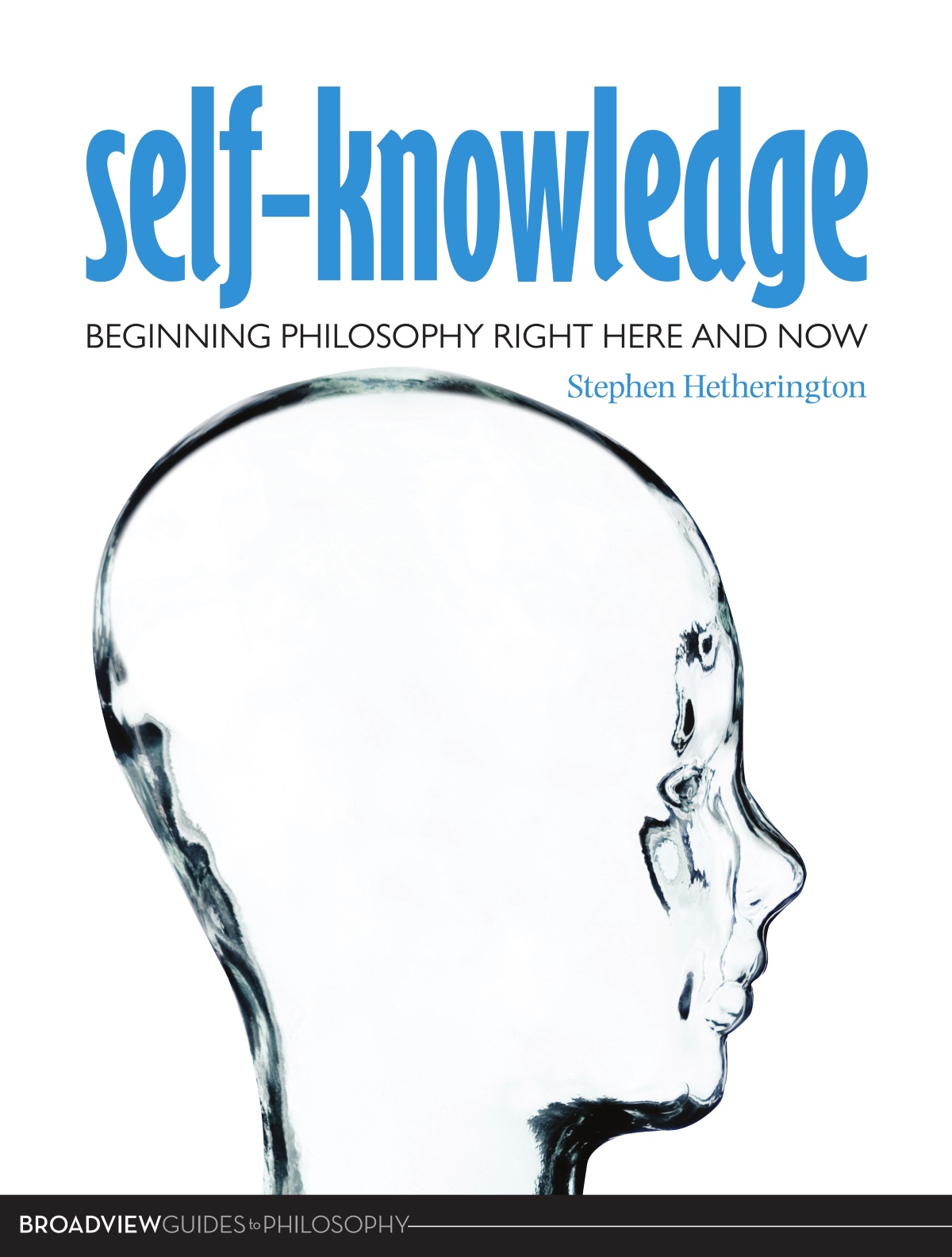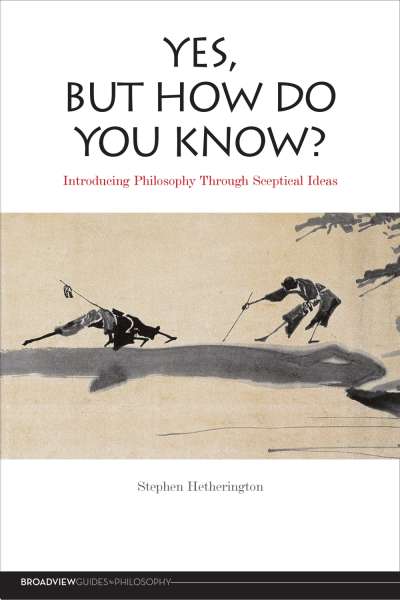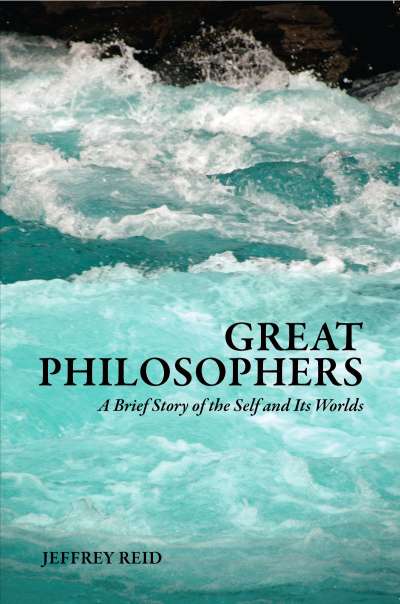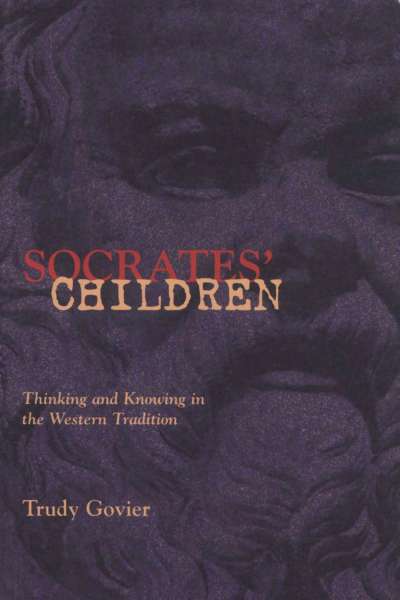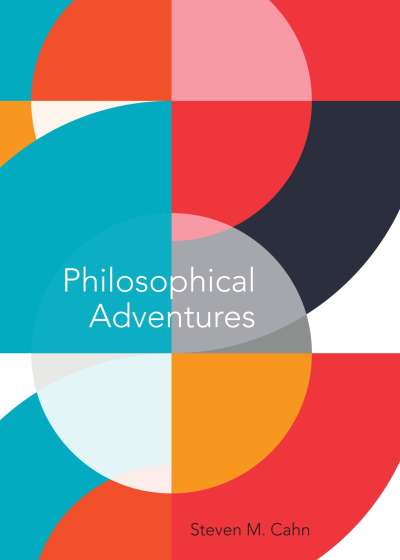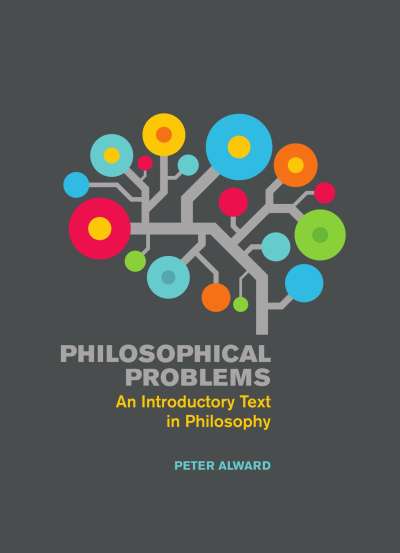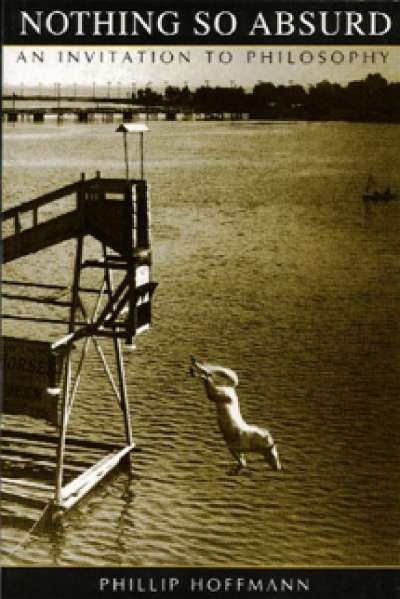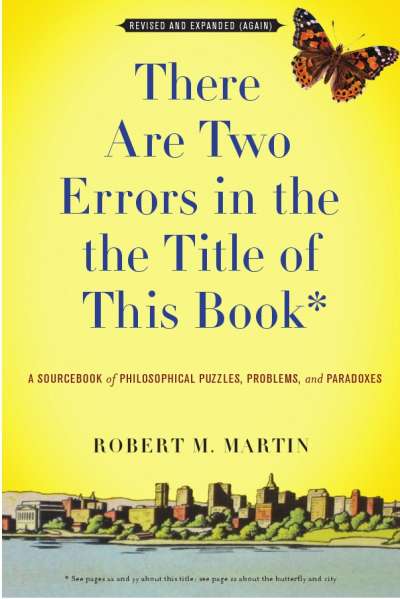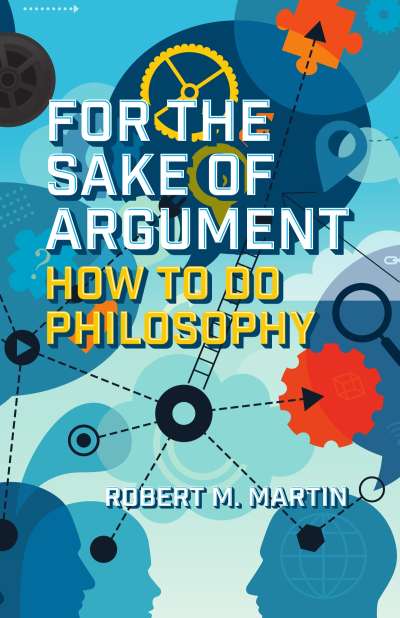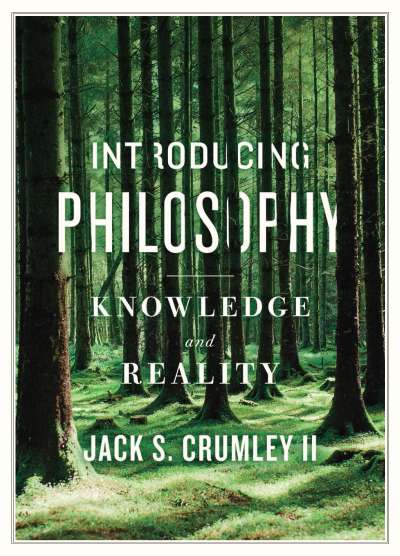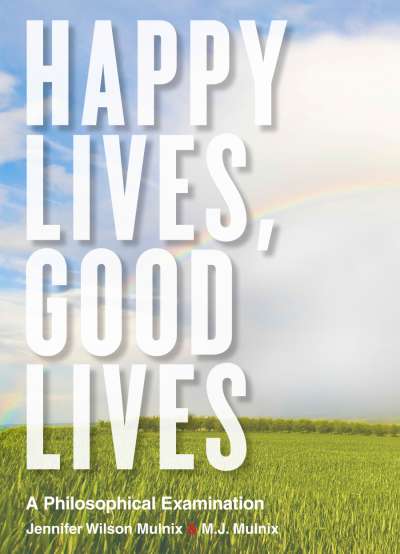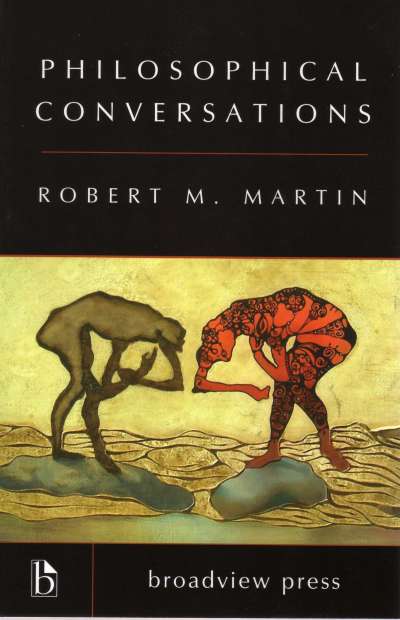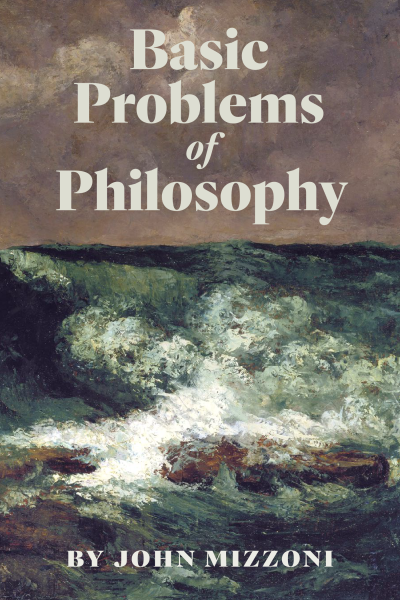Self-Knowledge introduces philosophical ideas about knowledge and the self. The book takes the form of a personal meditation: it is one person’s attempt to reflect philosophically upon vital aspects of his existence. It shows how profound philosophy can swiftly emerge from intense private reflection upon the details of one’s life and, thus, will help the reader take the first steps toward philosophical self-understanding. Along the way, readers will encounter moments of puzzlement, then clarity, followed by more perplexity and further insights, and then—finally—some philosophical peace of mind.
Comments
“Hetherington’s little book is an amazing combination of sophistication and innocence. The format is Cartesian and the basic intuitions are about the search for self-understanding, but by means of a clever focus the conclusions are fallibilist and body-oriented. Readers should react vociferously to this appealing and direct tour of many philosophical problems, more closely argued than the relaxed style suggests. It has the distinction of doing justice to the disturbing quality of philosophical questions without blather or pretension.” — Adam Morton, Canada Research Chair in Epistemology and Decision Theory, University of Alberta
“Stephen Hetherington’s Self-Knowledge is a unique and fascinating introduction to philosophy. It manages to combine a lucid, unpretentious style with a genuinely insightful treatment of some of the deepest and most baffling problems of philosophy. What sets it apart from so many introductions is the way it engages with readers in a fresh and direct way to use philosophical reasoning to think about their own lives. An exceptional book.” — Tim Crane, Professor of Philosophy, University College London
Acknowledgements
Why?
Learning with this Book
Knowing One’s Physical Nature
- “I’ve just gotta be me”
- My left hand
- Other body parts
- Hidden body parts
- A methodological moment: being philosophical
- Mirrors
- My skin
- Family photographs
- My brain
- A motivational moment
- Overview of the day
Further Reading
Knowing One’s Mental Nature
- “The real me, the inner me”
- A non-physical me?
- Another methodological moment: introspection
- Listening to one’s mind
- Discovering myself? Creating myself?
- Partial people?
- An underlying self?
- Whose thoughts are these?
- A persisting self?
- An unchanging inner self?
- Memories
- A valuable inner self?
- Intelligence
- Moral worth
- Personal values
- Inner character
- Free will
- A pause
- Overview of the day
Further Reading
What Kind of Thing Would Self-Knowledge Be?
- Some pessimism about knowing what self-knowledge is
- Some optimism about knowing what self-knowledge is
- Self-knowledge and other knowledge
- Floating minds
- Deeply unique self-knowledge
- Mere opinion
- Self-confidence
- Accurate confidence
- Luck
- Normal circumstances
- Reliability
- Good evidence
- Agreeing with other people
- Unusual knowledge
- Self-knowledge
- Where to next?
- Overview of the day
Further Reading
How Might Self-Knowledge Be Gained?
- Methods? Which methods?
- Intuition
- Dreams
- Literature and movies
- Actions
- Psychological and medical studies
- Friends and family
- Experience and maturity
- Back to basics
- Tomorrow, into battle
- Overview of the day
Further Reading
Confronting Doubts about Whether Self-Knowledge is Possible
- Doubts, more doubts
- Sensing and observing
- Reasoning and memory
- Complexity
- Meaning
- Inductive reasoning
- Test case: love
- Self-deception
- Self-involvement? Self-detachment?
- Dreaming and the senses
- Knowing something fallibly
- Usual knowledge
- Infallibility
- Two pictures of fallibility
- Living fallibly
- “That’s life”
- Philosophical progress
- Overview of the day
Further Reading
A Possible Philosophy Course
Stephen Hetherington is Professor of Philosophy at the University of New South Wales. He is an internationally respected scholar on the topic of knowledge and its philosophical dimensions. He has written four books on the subject, including Good Knowledge, Bad Knowledge (Oxford University Press, 2001), and has edited two others, most recently Epistemology Futures (Oxford University Press, 2006).

